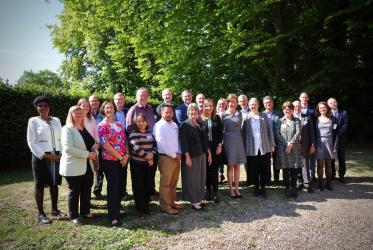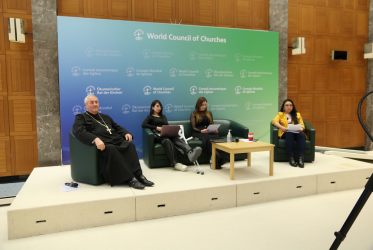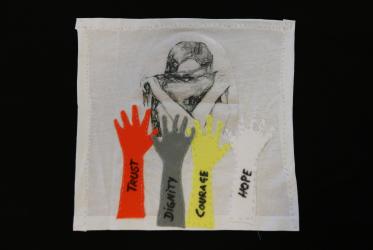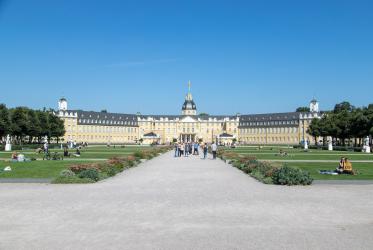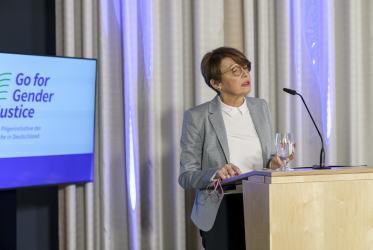Displaying 141 - 160 of 941
What do we hear when the ecumenical youth roar?
05 April 2022
Upcoming webinar will focus on COVID-19 and caste discrimination
24 February 2022
WCC governing body builds momentum toward WCC 11th Assembly
15 February 2022
Thursdays in Black Valentine’s Day message: Love heals, not hurts
14 February 2022
